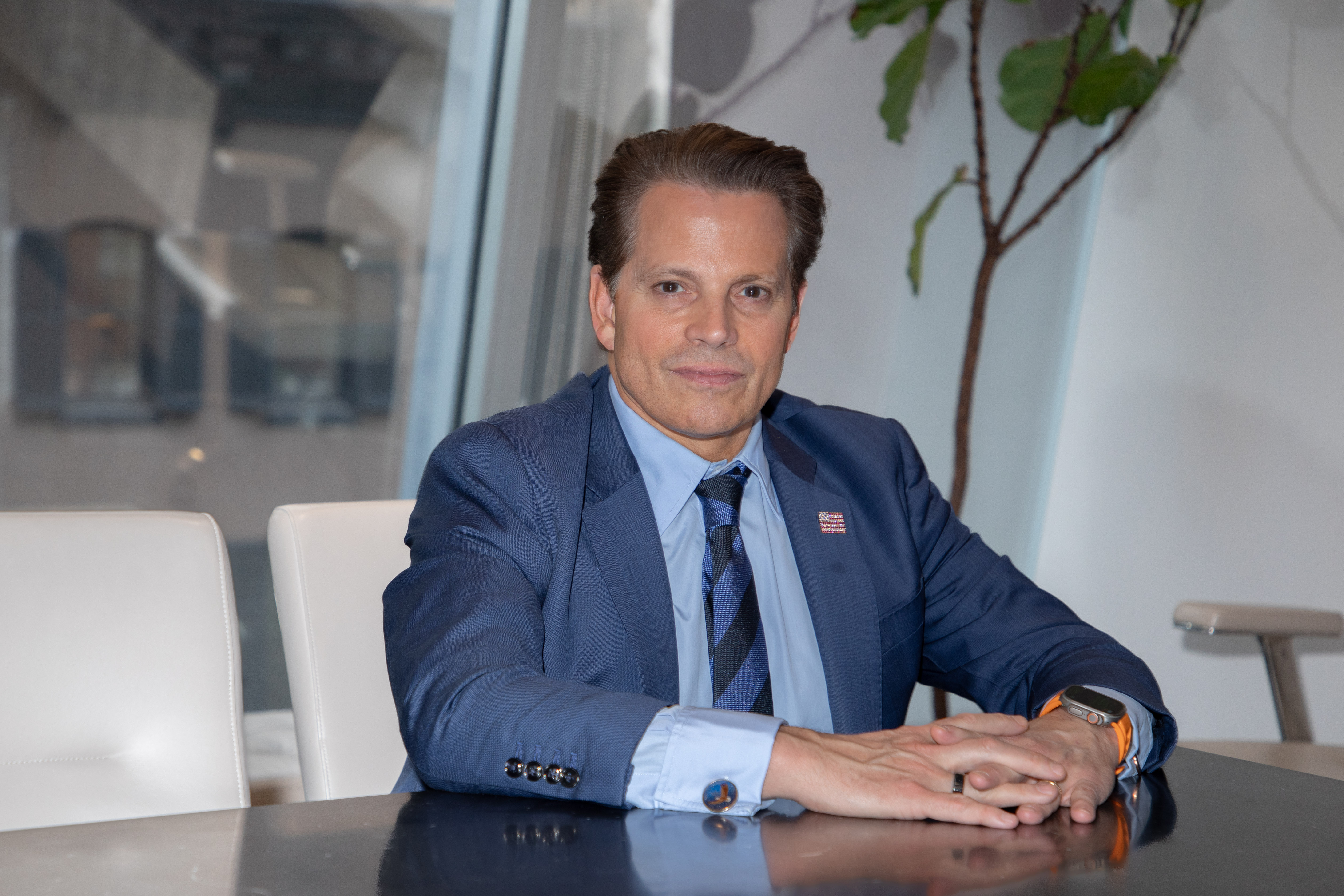
Qiao Ma has a simple test for spotting the investment opportunities that will define the next decade. Take the technology apart and see what’s inside.
Early in her career at Coatue Management, one of the world’s largest growth equity funds in its day, Ma and her colleagues literally dismantled an iPhone 4. They bought shares in the companies making the components and they shorted the companies that stood to lose out.
“It was the most visceral confirmation when you actually hold the phone,” Ma recalls. “Before that, it’s all supply chain rumour.”
The team owned Apple stock. They owned the Apple component suppliers. And they bet against smart phone casualties like BlackBerry, Nokia and Kodak.
It was early last decade and the world was shifting from personal computers to mobile phones. Now a lead portfolio manager of the Munro global growth small and mid cap fund, Ma learnt a crucial lesson: structural change creates fertile ground for investors.
“When you see a massive sea change you participate, and you participate in a smart way,” she says. Today, Ma believes we’re in year three of another defining shift: the AI era.
She’s applying the same logic she used with that iPhone.
“We break apart the Nvidia rack,” she says, referring to the server systems that power AI. “These are the winners that come out of the rack.”
If Nvidia is the kingpin of AI infrastructure — like Apple was for smartphones — investors need to understand what Nvidia’s chips require. The answer: networking, data centres and power.
That leads Ma to invest in energy efficiency chips, cooling systems, nuclear power and gas turbines. These are the structural changes she can see clearly at this point in time.
But, she’s equally clear about what she doesn’t know.
Recent mega-deals involving AMD and Broadcom have sparked fierce debate about who will win in AI computing. Ma isn’t rushing to place bets on them just yet.
“There are just unknowns,” she says. “There’s too much of a binomial risk to go invest in that area. I’m going to watch until they announce the design wins, and then I can work out who else is going to win.”
This patience comes from watching technology giants navigate near-death experiences. Ma started her career when Facebook was a mid-cap company and Google bounced between $US100bn and $US200bn in market value. Nvidia was barely worth $US1bn.
“The Magnificent 7 were un-magnificent for a good part of their lives,” she says. “Every two years there was an ‘oh my God, it’s game over’ moment for all of them.”
When Facebook bought Instagram and WhatsApp, shareholders hated the deals.
Nvidia faced existential threats about 10 times over the past decade. Ma watched how founders and management teams made bold bets and used their advantages to survive.
She credits her mentors at Coatue, a so-called Tiger Cub fund started by alumni of Julian Robertson’s legendary Tiger Management. Ma’s Christmas dinners with Robertson, a legend of modern investing, were nerve-wracking affairs where he would quiz fund managers on stocks and poke holes in their theses.
That rigorous approach shaped her view that finding tomorrow’s mega-caps at an early stage “is basically the most profitable and rewarding thing you can do as an investor.”
But, Ma is happy to admit that many of the mega-caps of 2035 haven’t been born yet.
“The internet came along in 1993, but Google was not started until 1998,” she says. “We had iPhones in 2007, but Uber was not founded until 2010.”
The pattern suggests $US100bn companies will emerge from AI technology, but it’s still too early to know which ones. That uncertainty doesn’t worry Ma. In fact, she welcomes it.
“I love the debates in the industry, because frankly, the debates are what create the opportunity,” she says. “The more people that go around and say ‘this is a bubble, this is not going to happen’, the more time we have to properly do the research.”
One advantage for today’s investors: younger analysts who are “AI natives” and understand new technologies aren’t a fluke, but a way of life. Ma saw this during Facebook’s early days when younger fund managers grasped social networking better than their elders.
At Munro Partners, her team includes young analysts for precisely this reason. The firm launched its small and mid cap fund two years ago to capture the decade-long AI shift.
Sohn Hearts & Minds returns to the Sydney Opera House on Friday 14 November 2025.
The conference features stock picks from leading investment experts across the globe.
All profits go to medical research. The event has raised $83.7m over the past decade.
This is the tenth year of Sohn Hearts & Minds.
This article was originally posted by The Australian here.
Licensed by Copyright Agency. You must not copy this work without permission.

Beyond Wall Street, The Mooch is better known for his cutting takes on US politics in the popular podcast The Rest is Politics: US, which he hosts with BBC’s long-term North American correspondent Katty Kay.